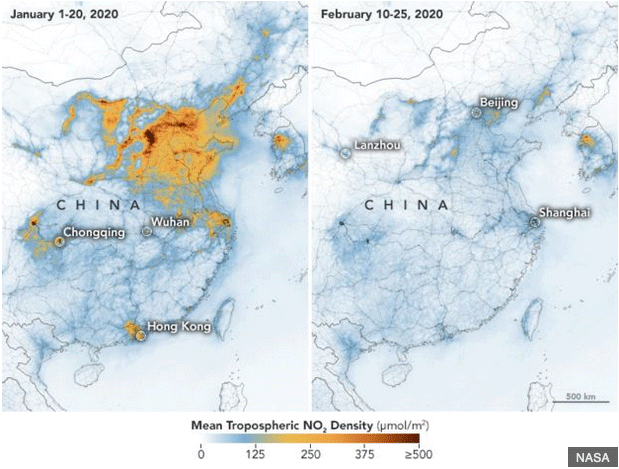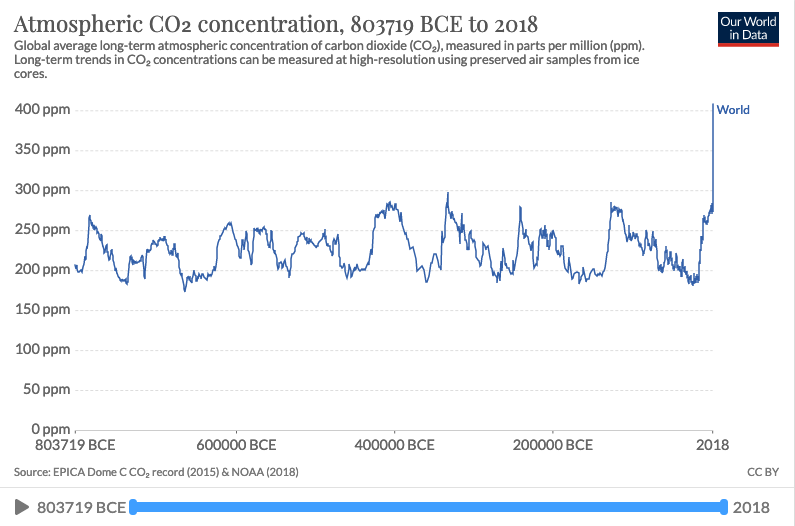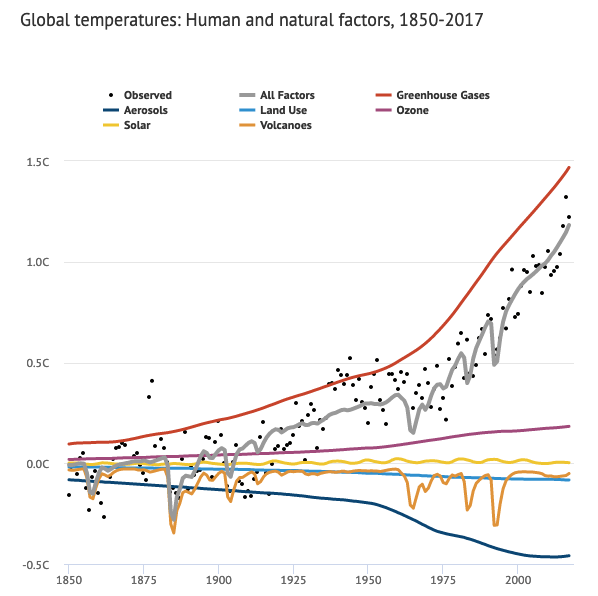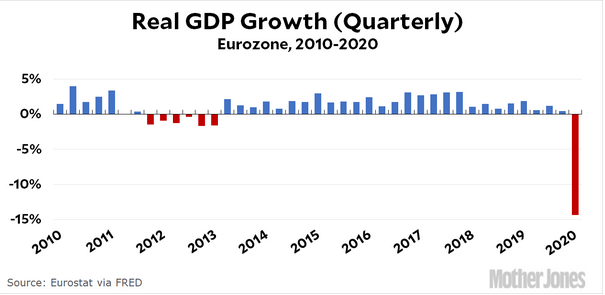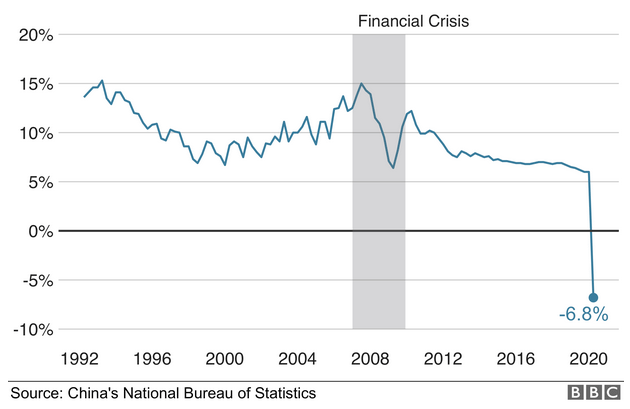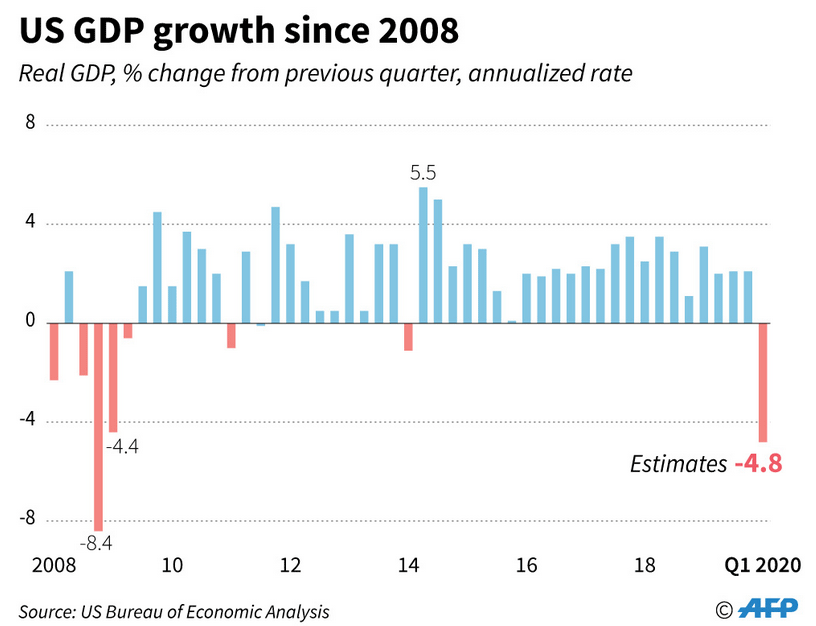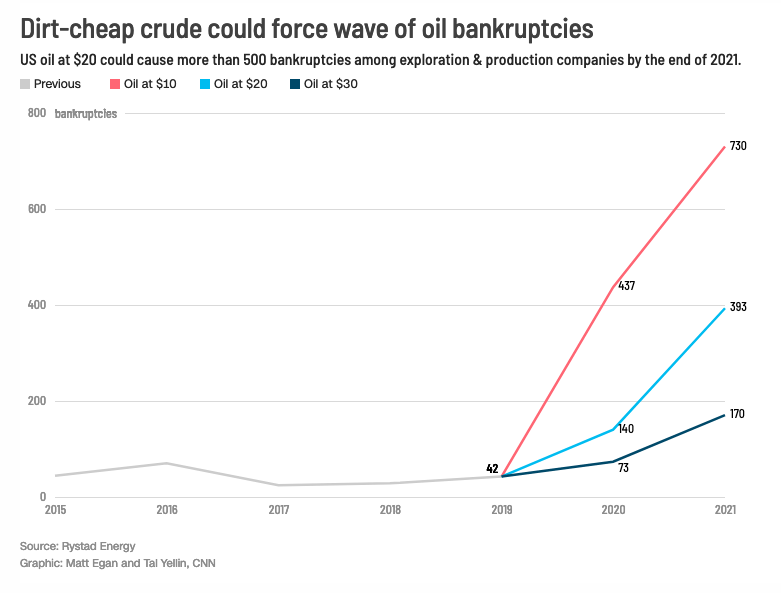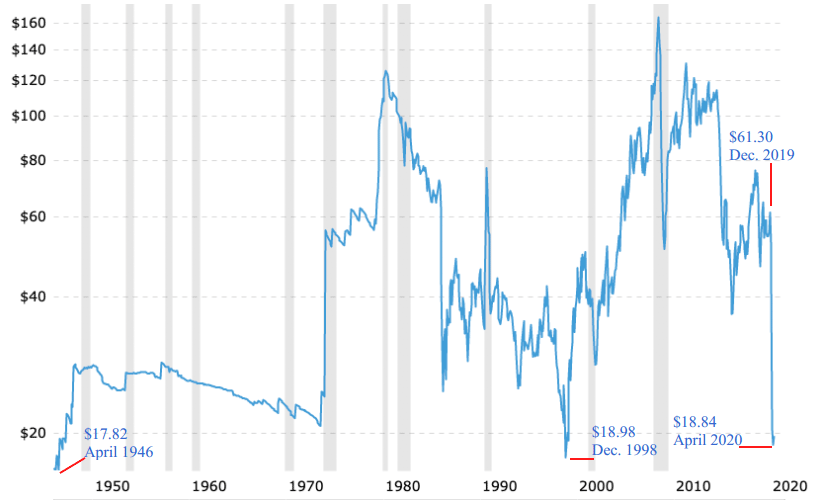(May 5, 2020) One day, perhaps several months or a year from now, the 2 SARS-CoV-2 (novel coronavirus) pandemic will be declared over, but it will not be business as usual. The virus of 2020 is not something to be consigned to disease history alongside the Spanish Influenza, polio, SARS, MER, AIDS or numerous cholera outbreaks. It is a life-altering event that has rendered obsolete our concept of what is normal. Whether the pandemic is natural or man-made––a topic to be taken up later––does not alter the fact that it is making the earth conspicuously healthier. To speak of the virus in neutral, much less positive, language in the face of the mounting human death toll and economic disruption may seem perverse, but the effects of a virus cannot be judged by human, moral standards. Life and death are two sides of the same existential coin. Sometimes Homo Economicus, to borrow Linda McQuaig’s term, loses and the environment wins. It’s nothing personal. Had the pandemic not occurred, human civilization––and I use that term loosely––would have continued on its “normal” self-destructive path of neo-liberal economic determinism, with all the avarice, pollution, militarism and hubris that the term connotes. Loss of human life and economic disruption notwithstanding, the pandemic must be appreciated not as a crisis but as an opportunity: no, the Chinese do not have one word for both.
In the absence of any human inclination to stop worshipping the Gospel of Perpetual Growth, nature slammed on the brakes for us. After only a couple of months of economic withdrawal, the planet became conspicuously healthier. France24 reported that carbon dioxide emissions in Britain are down 5-10%; and nitrogen dioxide levels in China as seen from space are down 10-30%. The air is so much less polluted in China that Professor Marshall Burke of Stanford University estimates that the virus has saved 20 times more people than it has killed. In the Northeastern U.S., tropospheric nitrogen dioxide is down by 30%, and in New York City, carbon monoxide levels have fallen 50%. Columbia University Professor Róisín Commane, who was part of a research team that studied New York’s air, said the improvement is unprecedented: “New York has had exceptionally high carbon monoxide numbers for the last year and a half, and this is the cleanest I have ever seen it. It’s less than half of what we normally see in March.” Similar results have been seen other major cities like Sydney, Paris and Rio de Janeiro. The speed with which the planet is recovering, albeit suddenly, should be cause to believe that the long-term cumulative effect of centuries of man-made damage can be reversed. From 1751 to 2017, 1.5 trillion metric tons of carbon dioxide were pumped into the atmosphere, of which the U.S. was responsible for 27%; the countries that now make up the European Union, 22%. Since 1900 alone, CO2 emissions in the U.S. rose 800% while China’s went from “no data” in 1900 to 9.84 billion tons in 2017. The long-term global-warming effects of this CO2 pollution are well known: extreme weather, melting glaciers and rising sea levels, all of which have disastrous consequences for human life and human economies..
As the figures above prove, no natural mechanism can account for the historic jump in CO2 concentrations to 400 ppm. or for the concomitant rise in global temperatures. The graph on the left is interactive (click the link) and adjusting the timeline shows that the concentration of atmospheric CO2 in 1734 CE was 278-279 ppm–– the same as it was in 758 BCE: no change in 2,942 years! It just so happens that 1734 comes near the beginning of Industrial Revolution, so it is obvious that a new variable entered the picture. The knee-jerk retort that the sun is responsible for global warming is refuted in the Carbon Brief graphic on the right. The solar contribution to world temperature was consistently neutral between 1850 and 2018, whereas greenhouse gas emissions from human industry showed consistent growth as well as acceleration after World War II. To deny that man-made pollution is solely responsible for the climb to 400 ppm and a 1.5ºC increase in world temperatures is the height of willful stupidity and cognitive dissonance. It will spell disaster for life (and economies) if it is not stopped or radically reduced, and that is the benefit of the novel coronavirus. Economic Pain According to the International Monetary Fund, the economic lockdown will cause the world’s economies to suffer a cumulative loss of US$9 trillion over the next two years, and the UN’s International Labour Organization says 195 million jobs will be wiped out. Understandably, the “Great Lockdown,” has been likened to a new, and worse, Great Depression. In 1933, at the height of the Depression, the number of unemployed had risen more than eightfold to 25%. Of course, no comparable figures for 2020 are available, but relative to recessions since 1975, current unemployment is already 10 times higher at 22%. This time, though, we cannot count on European fascists to give us a nice little war to pull us out of our economic malaise. War is not a feasible rescue this time because we are now the fascists and we start the wars, so the analogy has limitations. Another limitation is the approach to world trade. In 1930, the U.S. was still smugly isolationist and relied on tariffs for much of its federal revenue. In that year Congress passed The Smoot-Hawley Act, which raised tariffs on more than 900 imported goods, mainly European goods, by 40-48%, the highest tariff in U.S. history. Coming in the year of the bank failures brought on by the 1929 stock market crash, it was Congress’s most incompetent decision to date. Instead of raising revenue, it provoked counter-tariffs from Europe resulting in a massive contraction of overall world trade that deepened the Great Depression. It is tempting to argue that the Great Lockdown is having a similar effect as in 1930 and that pre-pandemic global trade will have to be rebuilt, but that would be an even more incompetent decision. International trade, at the level it was before the pandemic, is an ecological and economic catastrophe, a tyranny of machines and corporations over the planet and citizens. Such trade was never meant to benefit communities or countries or to make people’s lives better but simply to maximize profits. The argument, so popular during Ronald Reagan’s benighted presidency, that corporate profits are inherently good because their benefits “trickle down” to the masses, is just econo-theological myth. In fact, it proves that corporate interests determine economic policy and that human benefits and environmental damage are largely irrelevant. Corporations treat the earth as something to be pillaged, and Nestlé is an example of corporatism at its most toxic. It virtually steals ground water from Canada and other countries, even at the expense of the livelihood of small farming communities, to resell it in plastic bottles, which add to pollution. Because of Nestlé and other corporations, world aquifers have been drastically depleted. According to the U.S. Geological Survey:
A drastic economic contraction is an opportunity to re-evaluate our understanding of economic theory. The industrialized world has to abandon the 19th-century production model based on fossil fuels, social Darwinism, environmental destruction, resource depletion, corporate personhood, corporate welfarism, economic imperialism and human misery. The novel coronavirus has given mankind a priceless opportunity to reduce production, strip corporations of personhood and promote local and regional enterprises and in the bargain preserve resources and help us to re-orient our economic mentality and disabuse ourselves of outdated notions of economic progress. One of the more curious effects of the pandemic is that the economic shutdown has left the world awash in oil. Just as in the Great Depression, overproduction started a chain reaction of contraction. Bloated inventories meant no production; no production meant layoffs; no jobs meant no income for the working class; no income meant no money to buy the merchandise to make new production possible. Recently the price of a barrel of crude oil dipped below US$20.00, a 67% drop since December 2019 and a level not seen since December 1998 or August 1946. If oil stays around $20 a barrel, Rystad Energy estimates that 500 oil companies could go bankrupt. In the natural economic order of things, this woould be good because it woould give us an incentive to end our addiction to fossil fuels.
The Great Lockdown should be treated as radical detox. Just as drug addicts undergo painful withdrawal as they purge the poison out of their bodies, so, too, is the body politic of the world is going through withdrawal. In this case, the poison to be purged is mental not medical. It is suicide to lament the present and hope to recapture the past because the mentality that put us on our polluted economic timeline must be abandoned. This is the time for governments to begin to wrest control of their countries away from corporations. This cannot be achieved overnight, but a good start would be to stop corporate bailouts. For human and other life to continue, corporations must be made subordinate to sovereign governments and environmental law, not the other way around. Only then can the human race reduce energy use, reduce waste, reduce resource depletion and ensure its survival. It's only natural.
| |||||||||||||||||||||||||
